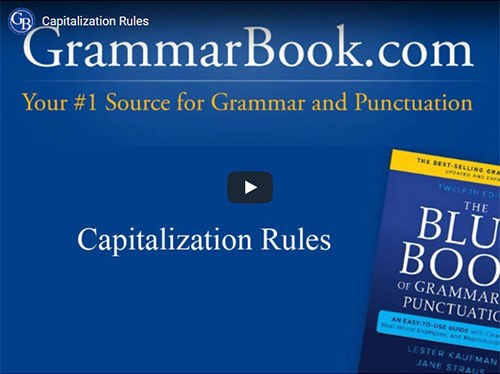|
Could or Couldn't Care Less: Which One Is It?
|
|
Sometimes in American English, you find an expression that is used or pronounced more than one way. In the case of could and couldn't care less, we may often find that different people use one expression or the other—and they are certain their form is correct.
So which is the right one for proper writing and speaking?
Breaking Down This Popular Phrase
When someone uses either version of this expression, they are applying sarcasm to convey they have no concern or preference. Therefore, the technically correct version is couldn't care less.
It is easy to see why this has to be so when you further examine the thought. Suppose Jim has been asked what movie he would like to see. If he responds "I could not care any less than I already do," he would be lengthy but clear. On the other hand, if he were to reply with "I have fewer cares," the meaning would be lost.
In this way, saying that you "couldn't care less" is like saying you care "less than nothing." It's an obvious exaggeration, but the meaning and emphasis are straightforward.
So, if you want to be spot-on grammatically while also remaining a tad snarky, stick to "couldn't care less." However, there is a small caveat.
Why We Could Care Less About This Rule
Hopefully the explanation above clarifies why "couldn't care less" is better than "I could care less" in conveying the same thought. If you keep using the nonpreferred phrase, though, you will probably be in good company.
The two versions of the given statement have been used so often that both are well understood. In addition, because they are based on informal slang and sarcasm, neither expression will be found in serious reporting or academic work. That means you are more apt to find these constructions in everyday speech and the occasional blog post.
The rules of grammar still apply in those kinds of situations, of course, but they aren't as restrictive. So, while we would prefer that you use the better, clearer version of the expression (and use neither when you're aiming to be a good student or professional), you aren't likely to be corrected. Most people will know what you mean and simply move on.
That just might be good enough for you if you are among those who couldn't care less about the formalities of grammar in American English.
|
View and comment on this
article on our website.
|
|
|

|
 |
The Blue Book of Grammar and Punctuation
by Lester Kaufman and Jane Straus |
The Authority on English Grammar! Twelfth Edition Now Available
An indispensable tool for busy professionals, teachers, students, homeschool families, editors, writers, and proofreaders.
Available in print AND as an e-Book! Over 2,000 copies are purchased every month!
To order the book, simply click the link to order the book from the GrammarBook.com website.
|
Free BONUS Quiz for You!
[[firstname]], because you are a subscriber to the newsletter, you get access to one of the Subscribers-Only Quizzes. Click here to take a Confusing Words and Homonyms Quiz and get your scores and explanations instantly!
We will be adding many more quizzes this year to our already substantial list of them. If you have suggestions for topics we have not yet covered, please send us a message at help@grammarbook.com.
|
Hundreds of Additional Quizzes
at Your Fingertips
Subscribe now to receive hundreds of additional English usage quizzes not found anywhere else!
Teachers and Employers
Save hours of valuable time! You may assign quizzes to your students and employees and have their scores tallied, organized, and reported to you! Let GrammarBook.com take the hassle out of teaching English!
"Fun to test my skills."
"The explanations really help ... thanks!"
"I can select the quizzes to assign to my students, and then the results are reported to me automatically!"
If you think you have found an error in a quiz, please email us at help@grammarbook.com
|
Wordplay

|
 |
English in a Snap:
68 One-Minute English Usage Videos FREE |
Learn all about who and whom, affect and effect, subjects and verbs, adjectives and adverbs, commas, semicolons, quotation marks, and much more by just sitting back and enjoying these easy-to-follow lessons. Share them with your colleagues (and boss), children, teachers, and friends as well! Click here to watch.
|
|





